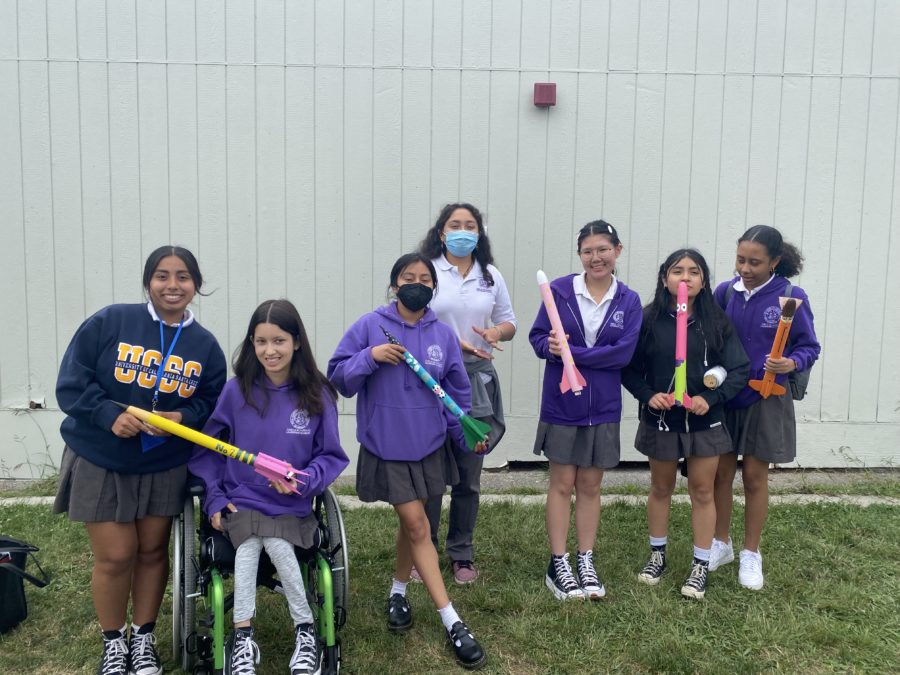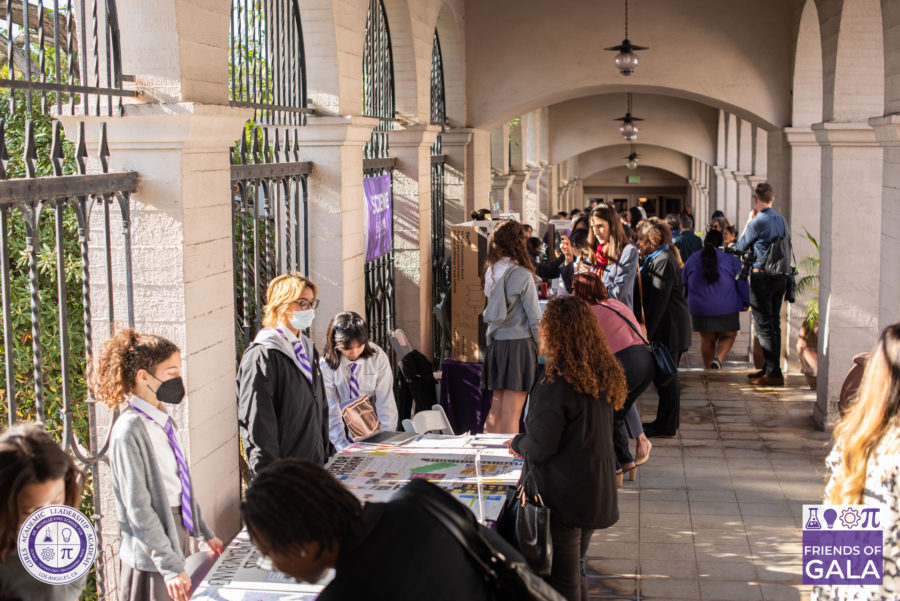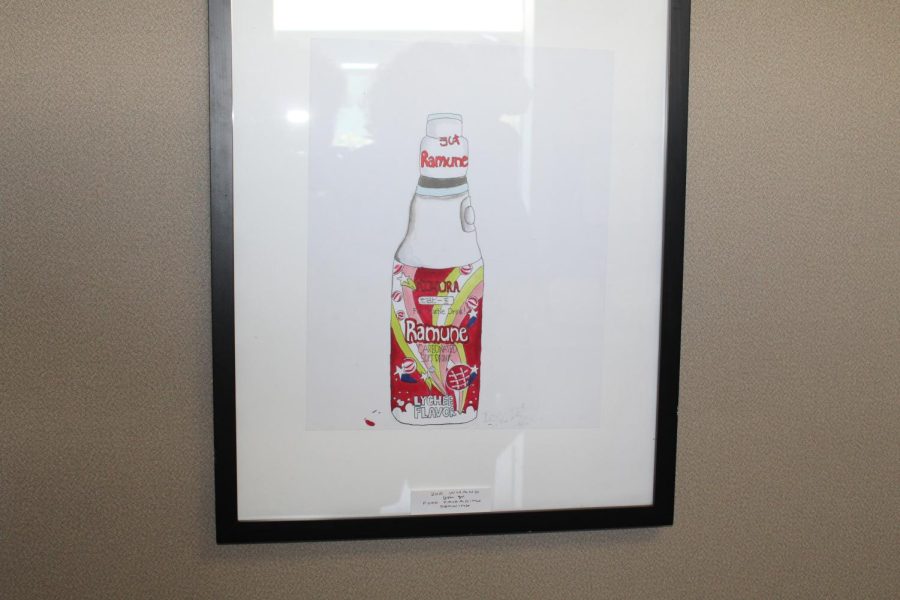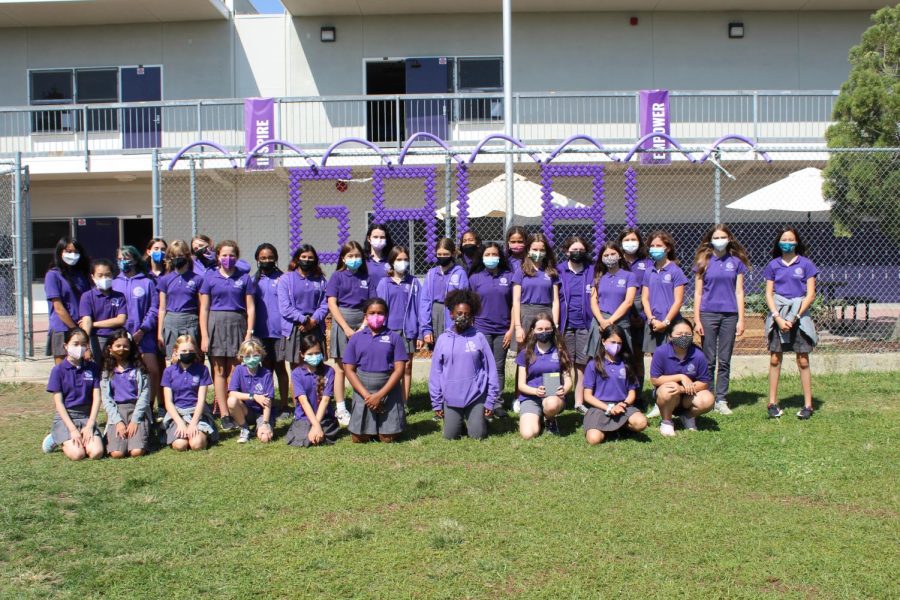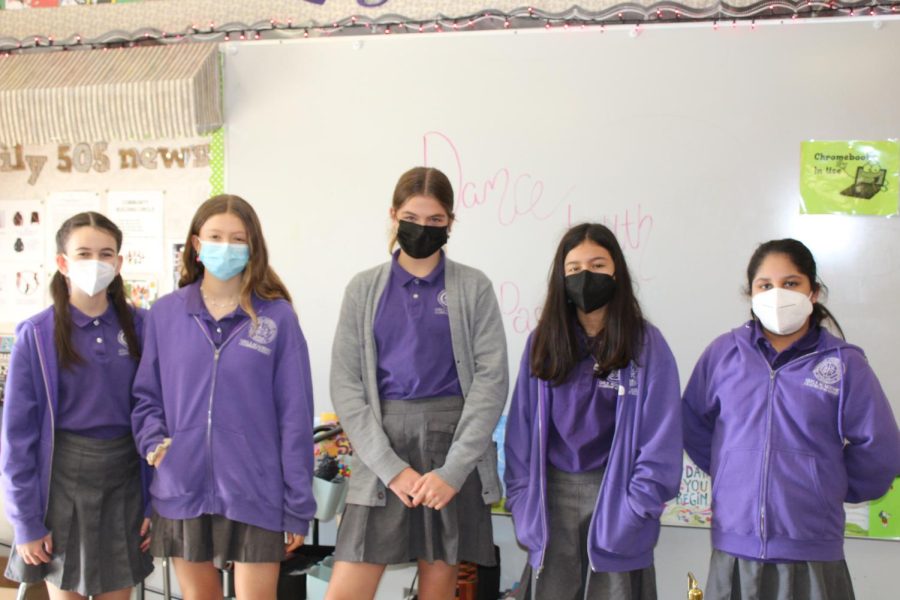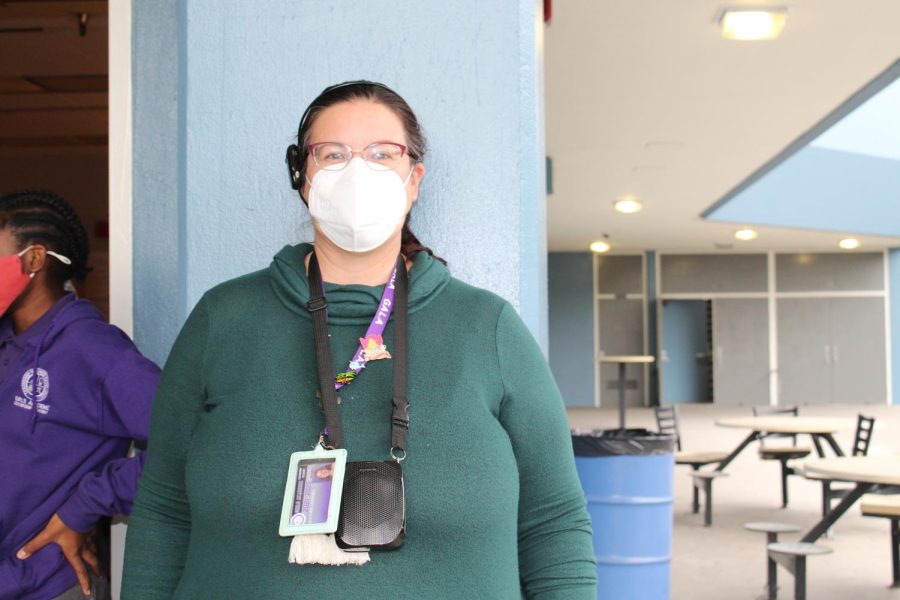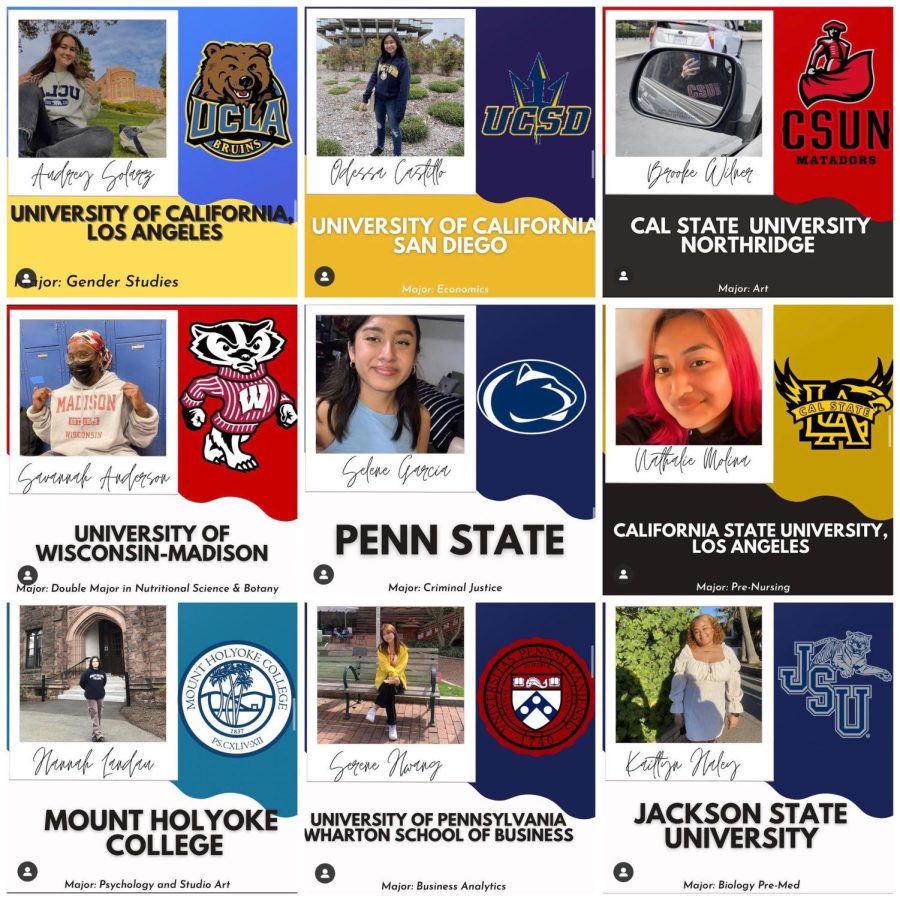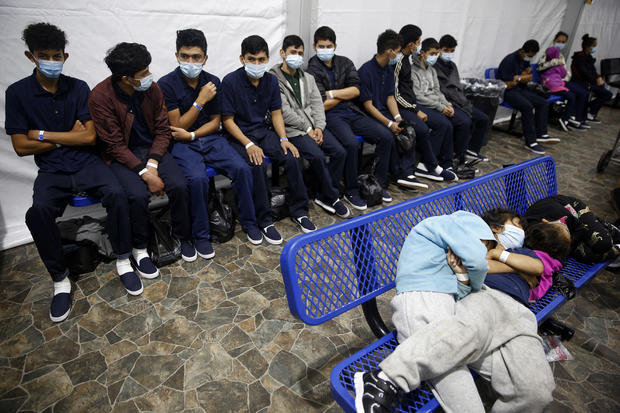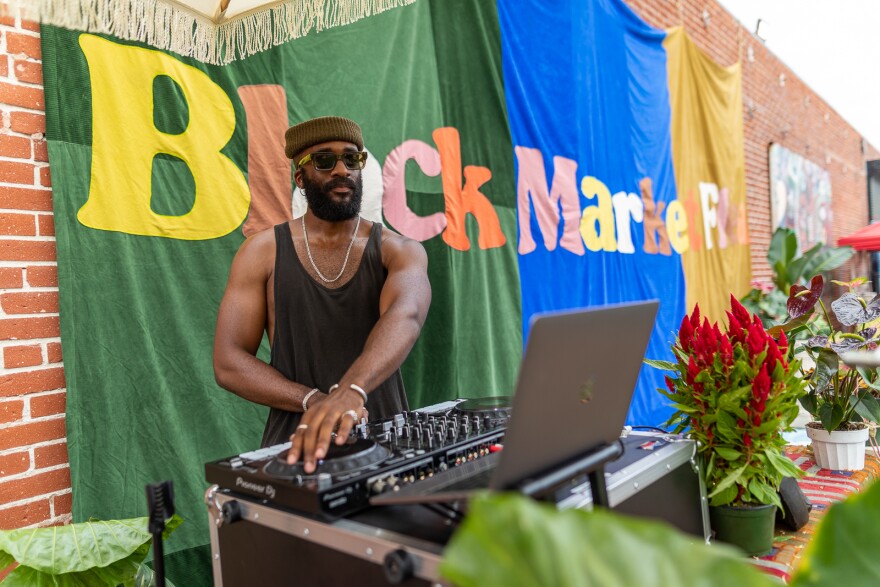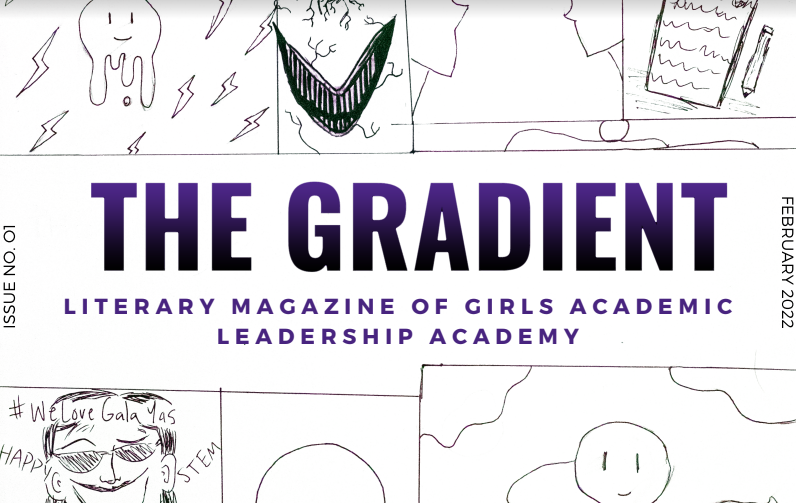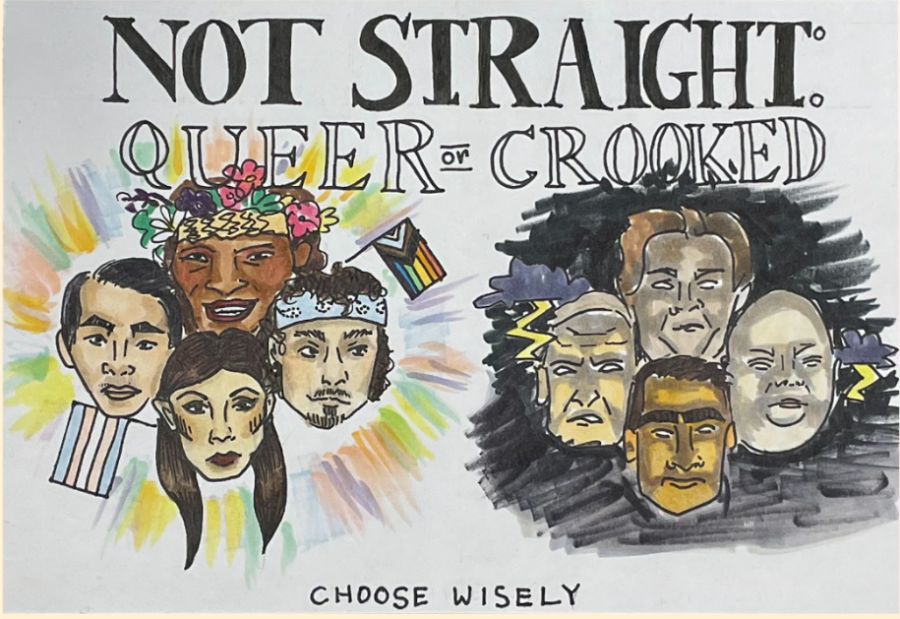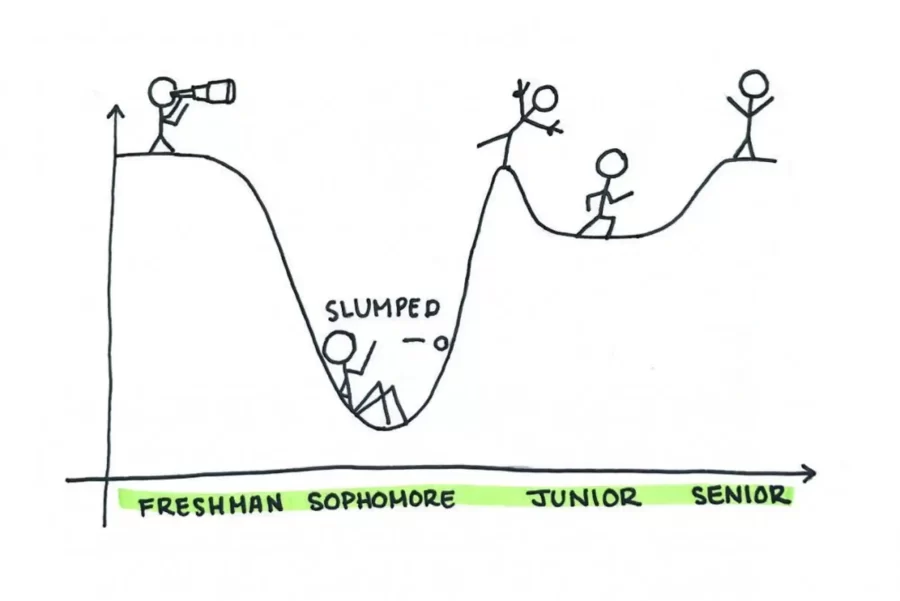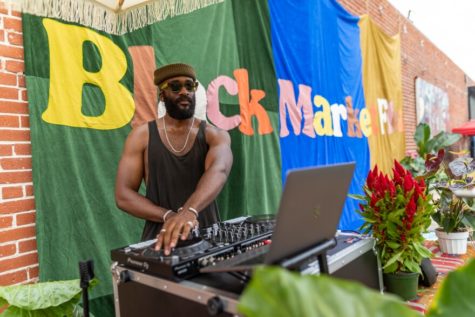America Eases up On Mask Mandate: What’s Happening?
Many Americans have backed away from once-routine COVID-19 precautions, with less than half now reporting that they regularly wear face masks, avoid crowds, and avoid unnecessary travel. Americans are lowering their guard, despite experts warning that a new wave of COVID-19 cases is on the way.
According to a new poll conducted by The Associated Press-NORC Center for Public Affairs Research, fewer people are taking protective measures than at any time since early 2021. According to the poll. 44% wear a face mask around people outside their homes on a regular or consistent basis, down from 65% in January, when infections of the highly contagious Omicron variant were at an all-time high. Roughly 40% of surveyed Americans say they are avoiding non-essential travel, down from 60% in January. In addition, 47% say they avoid large groups regularly, down from 65% in January. Most Americans say they still adhere to these safeguards on occasion.
However, America is gradually returning to pre-pandemic levels, as COVID-19 infections have dropped to their lowest level since July. The federal Centers for Disease Control and Prevention (CDC) no longer advises most Americans to wear masks indoors, and cities are removing mask and vaccine requirements for entry into restaurants, bars, and concert venues. And, after two years of working from home, more Americans are returning to the workplace. “I figured when the military starts easing up, which they’re pretty strict about, that’s a very good sign,” Morgan, 80, said. Morgan and her husband intend to re-apply their masks at the airport later this week when they fly to Florida to celebrate her birthday. She said they were extra cautious earlier in the pandemic because her husband has a heart condition that makes him more susceptible to severe illness from COVID-19, and she’s ready to do the same if another severe wave of infections hits. “My hope is that it’s slowing down and that each variation will be less viral or significant,” Morgan said. “However, I’m afraid that something new will occur.”
Experts say COVID-19 isn’t going away, and most Americans believe it will be around for a long time. In January, an AP-NORC poll found that only 15% of Americans believe the pandemic will be over once COVID-19 is mostly eradicated. Most people believe the pandemic will end when the virus is largely eradicated. However, this may not be the case right now. Experts believe that new variants will soon cause another wave of rising infections in the United States. Scientists are keeping a close eye on an extra-contagious Omicron variant that is already causing outbreaks in parts of Europe and Asia, as well as a Delta-Omicron hybrid, though infections of that variant appear to be rare so far.
Some, like Sonia Montoya of Albuquerque, New Mexico, aren’t going to take any chances. “It came back and hit us again once before, and I have a feeling it will do it again if we aren’t careful,” Montoya said. “Yes, it’s slowing down, but there are still a lot of stupid people out there, especially among the younger generation, who don’t believe it’s serious.” AP-NORC polls have consistently shown that vaccinated people are more concerned about infections and more likely to take preventive measures than unvaccinated people since vaccines became widely available to the American public. The vaccinated are still more likely than the unvaccinated to avoid unnecessary travel (44% to 29%), avoid large groups (51% to 32%), and wear face masks around other people (49% to 26% ). Jason Newman of Greenville, Kentucky, said he never wears a mask unless required, has no reservations about eating out, and has never been vaccinated. He stated that he tested positive for COVID-19 twice but did not experience any symptoms either time. The 43-year-old postal worker claims that in recent months, he has noticed an increase in the number of people who appear to be treating the virus in the same way he does. “It’ll always be here because they won’t be able to eradicate it,” Newman predicted. “I believe, on the whole, they’re all over it.” The AP-NORC poll of 1,082 adults was conducted from March 17-21 2022 using a sample drawn from NORC’s probability-based AmeriSpeak Panel, which is designed to be representative of the United States population.

Lorie Aaronson is in her senior year at GALA, and has joined the journalism elective for the second time to segue into their passion -- helping peers and...
